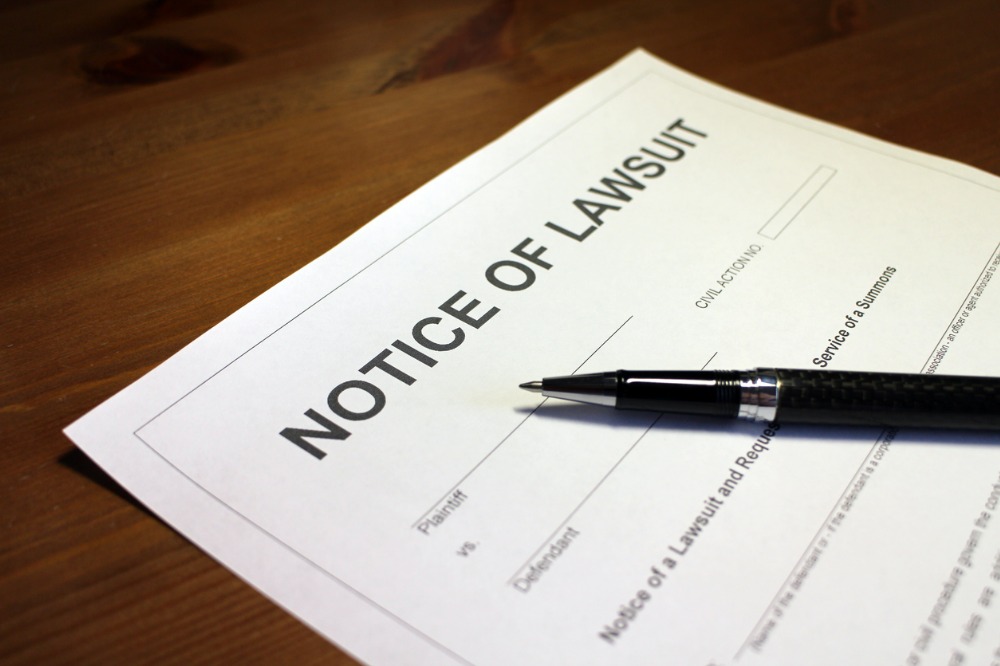In October 2021, the Netherlands opened the online casino market to Dutch players. Although this shifted the Dutch gambling market significantly, it didn’t create the market. The Dutch had been playing in international casinos for years, creating one of the bigger European markets in terms of revenue.
The legalization of online casinos promised access to a market with plenty of eager players ready to spend their money. But after a year of online gaming, that’s not quite how it turned out. In a review of the one-year anniversary for Dutch gaming, it looks as if a completely new market was erected. Old players disappeared quickly, and a few new names took the lion’s share.
Overview of the year
The launch of Dutch online casinos can best be compared to starting a rusty old engine. Ten companies received their license to go online October 1 (a Friday) – only a few could actually welcome players on that day. Registration processes were messy, websites weren’t online yet, and helpdesks were flooded with complaints and questions. After the first weekend, problems were mostly ironed out.
Companies that had offered their services before the legalization were on hold for a number of months. A mixture of these companies and new names trickled online throughout the year. Making up the difference with established players proved harder than expected, with the first few casinos still taking a big share of the total market.
In the first four months, the market as a whole saw steady growth (measured in revenue for casinos): revenue grew from € 35 million in October to € 90 million in January, after which it dropped a bit again.
Changes in the license
The Dutch gambling license focuses on the well-being of players first. A centralized register tracks players using their social security number, and allows at-risk players to self-exclude for every gambling avenue at once. Providers also have to account for other rules, such as a limit on bonuses, strict advertising regulations, and imposed playing and deposit limits.
These advertising limits quickly sparked a new debate on how and how much casinos should be allowed to advertise. The flood of gambling advertisements was highly debated, and the use of role models was (further) restricted after about half a year.
What is clear, however, is that the advertisements have worked to promote the legal casinos instead of the illegal offerings. The aim of 80% of money spent on legal avenues has been well exceeded in a third of the projected time: 85% of players now are playing in legal casinos.
Future of the Dutch market
The giant pie that seemed to comprise the Dutch market doesn’t look any bigger now that we’re able to see it up close. To most providers, the closer look might cause disappointment. The Dutch market seems harder to enter than most, with many a licensee complaining about the stringent rules and high start-up costs.
At the one-year anniversary point, the number of online casinos had grown from 10 to 22, while the makeup of the market has changed a lot less. Only the entrance of Unibet, the old top dog in the Dutch market, has made a dent in market shares. With one in five young adults (24 and under) already registered with at least one casino, the Dutch iGaming market could have reached its peak well before legalization. Now kansspelautoriteit.nl is the supervisor and regulator on the Dutch Gambling market. On kansspel.nu you can find an overview of all licensed Dutch Gambling sites.
Up until 2021, the sports betting monopoly in the Dutch market was run by Unibet and TOTO. After the legalization, new operators entered the market and now players can choose from a wider range of providers. Sport betting is still immensely popular in the Netherlands, but until now just a few (top dog) online casino’s controlling sport betting market.














